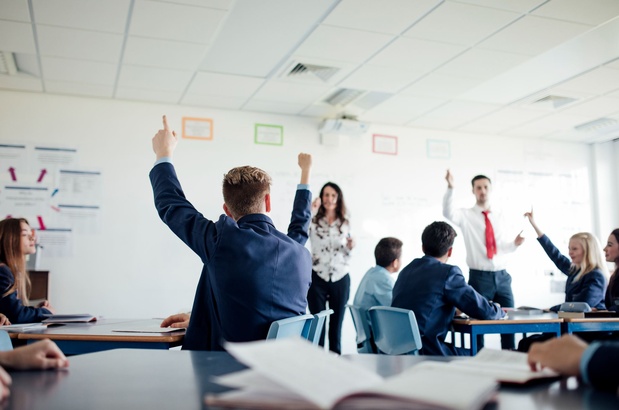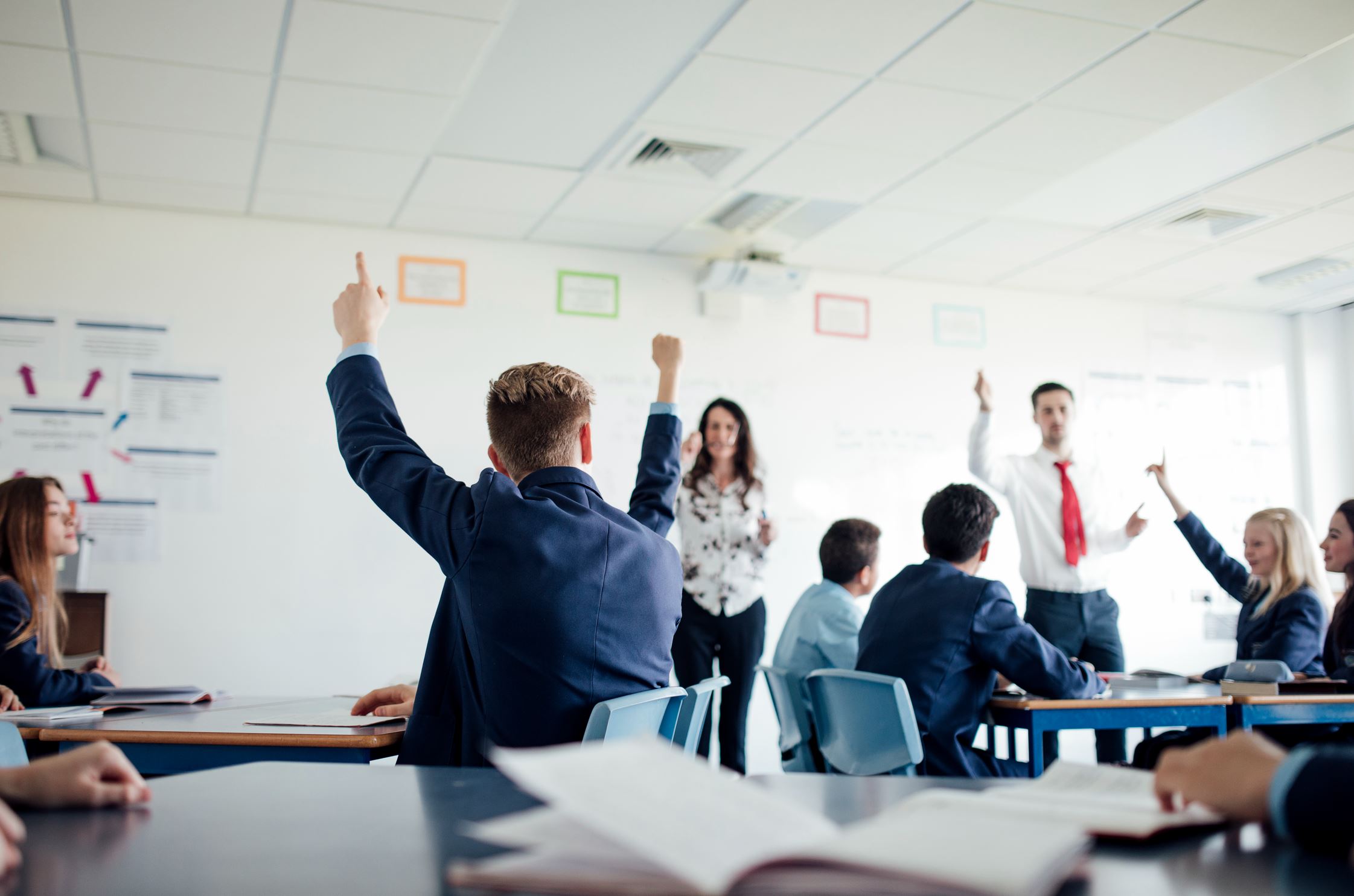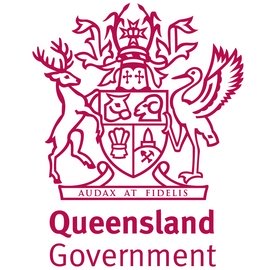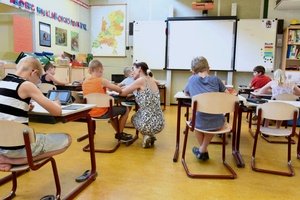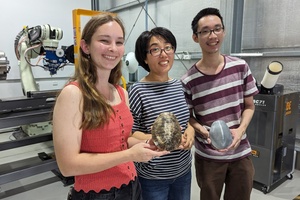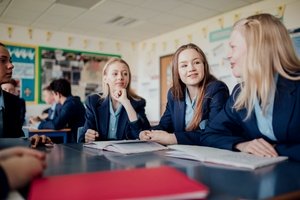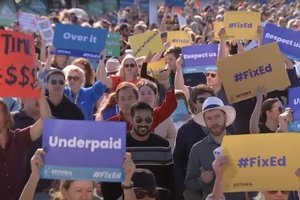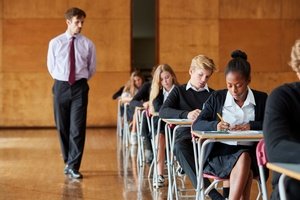Launched last May, the inquiry by the Legal and Social Issues Committee is investigating “trends in student learning outcomes, disparities associated with geography and socio-economic disadvantage; the state of the teaching profession, including the administrative burden on teachers; and student wellbeing, including measures to address poor mental health, school refusal and student disengagement”.
The Committee is considering ‘best practice models’ and those school settings that can be used to improve both student learning outcomes and wellbeing.
But the state’s teaching union has accused the inquiry of favouring National party electorates in its schedule for public hearings.
The schedule also rules out 400 public schools from attending a local hearing, the union claims, including metropolitan growth corridors in Melbourne, as well as the regional areas of Geelong, Western Victoria, Mildura, Swan Hill and North East Victoria.
“Metropolitan Melbourne – which includes 734 public schools – will only share two days of hearings,” the union added in a statement.
Branch president Meredith Peace said the current scheduling reveals a ‘disingenuous approach’ taken by the state Liberal and National parties to use the inquiry for their own political agenda.
It also shows their lack of interest in delivering the resources and support public schools need, Peace said.
“Public schools in Victoria are not funded to 100 per cent of the federal funding standard, and many are experiencing serious workforce shortages, which dedicated staff are endeavouring to cover.
“We call on the state opposition to end their silence on whether they support full funding for public schools rather than using this inquiry for their own political interests.
“Every public school community want and deserve to know if the state opposition supports full funding for public schools by 2028.”
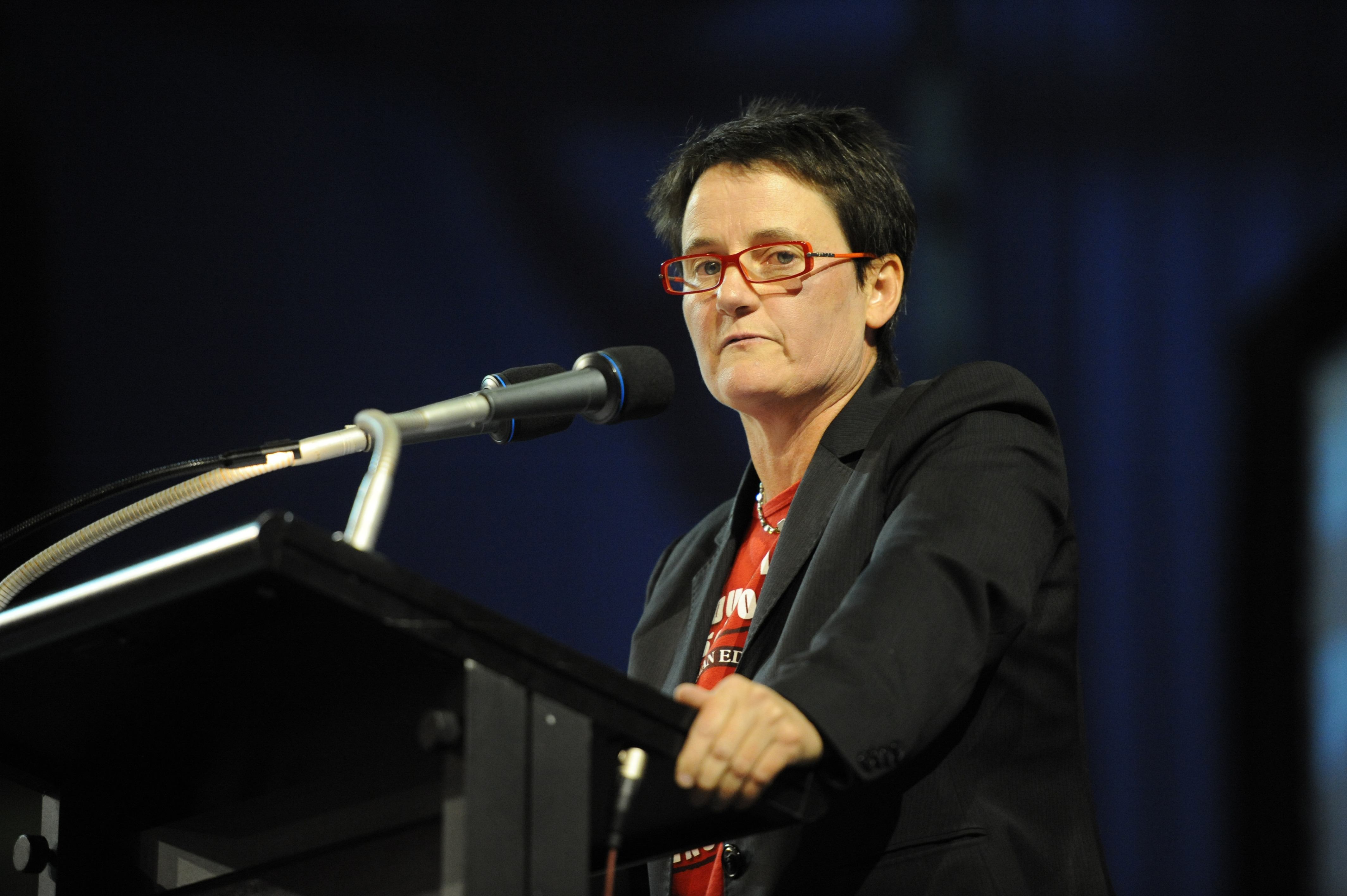
Australian Education Union Victorian Branch president Meredith Peace argues the inquiry favours National party electorates in its schedule for public hearings.
Speaking in parliament last year, Nationals Member for Eastern Victoria and Assistant Shadow Minister for Education Melina Bath said the breadth of the inquiry would really hone in on student learning outcomes and the state of the teaching workforce, including professional development and retention.
“…let us put Victorian students at the centre of this inquiry – and student wellbeing, mental health and engagement,” she said.
“And let us look at COVID, but look at it in such a way that all of those parties can come together and explain how we can improve student wellbeing and student outcomes,” the former teacher noted.
Greens MP Aiv Puglielli, who is also a former teacher, supported the motion, saying “we have the potential to ensure that public education is world class”.
“Right now Victoria has some of the lowest funded public schools in the country – not exactly a good look for Victoria the Education State…
“This lack of funding is creating serious barriers to addressing many of the elements referenced in this motion,” Puglielli said at the time.
Arguing there was no reason why Victorian public school teachers should be forced to buy school supplies out of their own pockets or work 16.5 unpaid hours per week, the MP said higher wages and better working conditions would all help teachers to have the time to “do what they do best, which is teach”.
Western Victoria Liberal MP and ex-teacher Joe McCracken also backed the inquiry.
“This is not an opportunity for us to demonise teachers. This is a fact-finding mission,” he said.
“It is an opportunity to listen to the experiences of teachers, of learning support officers, of families and of professionals – because this is one of the most noble professions that I have had the honour of working in.”
At the start of the school year in January there were 800 teaching positions still advertised on the Victorian public education website, but the number of vacancies were thought to be much higher – with many schools taking job ads down after being unable to fill them.
The Victorian Government has also recently come under fire for not making a strong enough commitment to ensure all teachers' practice is aligned to the science of learning.
The Committee’s report is due by June 25.

